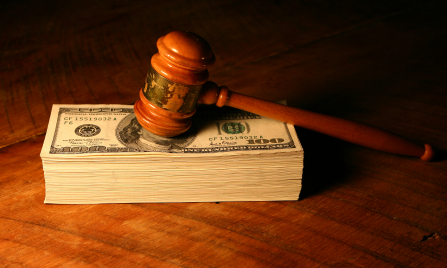
Attorneys Fees and the American Rule
When litigating in the United States, the general rule is that each party pays for its own attorney’s fees. This is called the American Rule. This means that the losing party does not pay for the winning party’s attorney’s fees. The reasoning behind this rule is that individuals or organizations should not be prevented from bringing a potentially meritorious case to court due to the fear that should they lose, they will have to pay the attorney’s fees of the opposing party.
As with many other legal concepts or rules, there are exceptions to the American Rule. One is the statutory exception. Some states have statutes that allow for the winner of certain causes of action to recover attorney’s fees from the losing side. For example, the North Carolina General Statutes allow a prevailing party to recover attorney’s fees from the losing party in an action brought under Chapter 75 of the Unfair and Deceptive Acts law, and in Michigan a prevailing party to a statutory conversion claim brought under M.C.L. 600.2919a may be awarded attorney’s fees. A second exception to the American Rule is the contractual exception, where the parties in a lawsuit have a contractual arrangement which dictates how attorney’s fees will be assessed in potential litigation.
The opposite of the American Rule is the English Rule, which requires the losing party to pay the prevailing party’s attorney’s fees. This is not the default rule in the United States, but has been suggested as a potential means of tort reform.
For more information about how we may be able to help you recover or defend attorney’s fees by making slightly modifications to your business agreements, please contact us.




